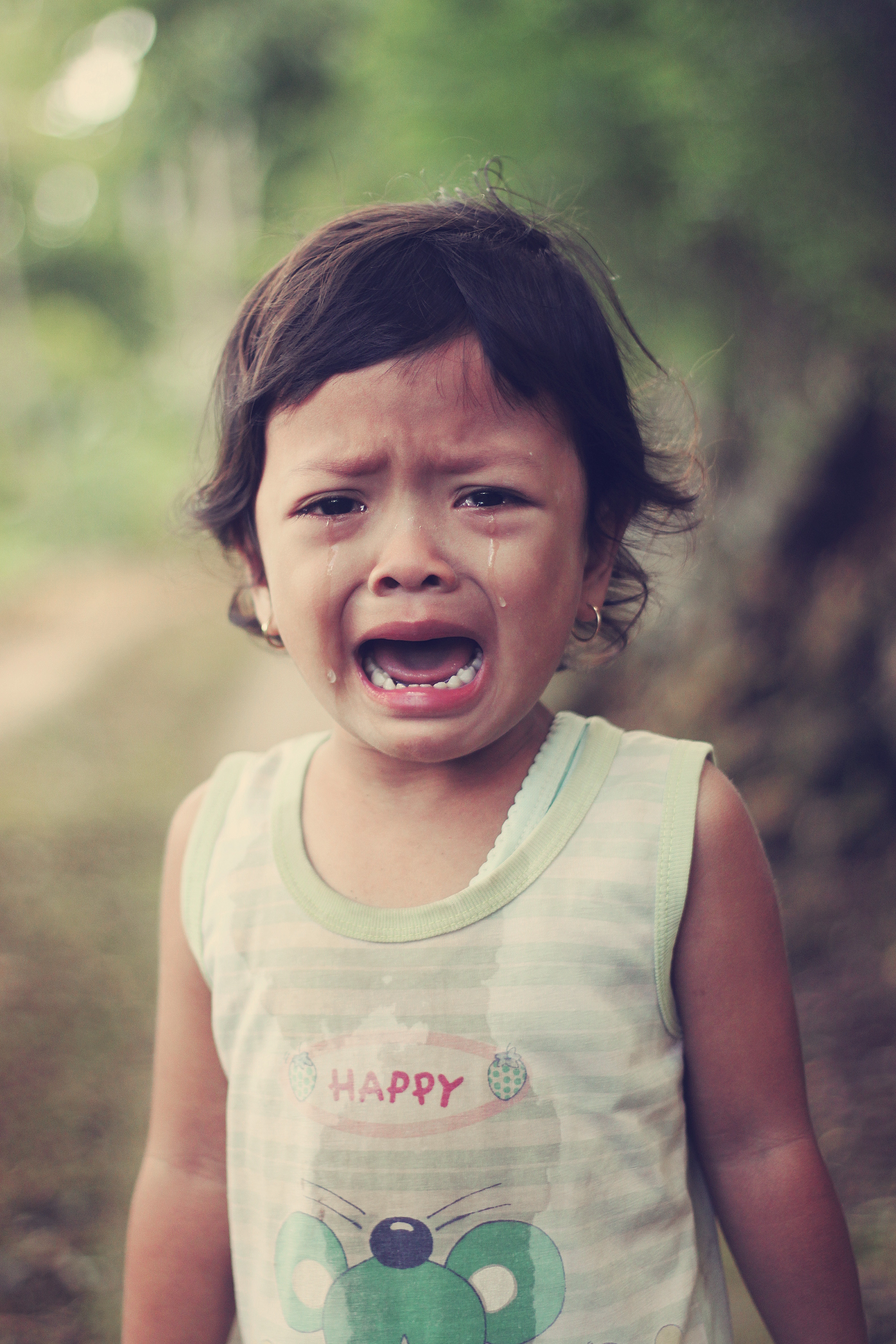The effects of stress on Christians as written in the Bible seem to contradict the ones stated in research literature. In fact, one of the most mind-boggling effects of stress recorded in the Bible seems to be upside down and does not make sense. I must admit, many times I have found the ways of God not to make sense; I guess I shouldn’t expect them to, given His ways are much higher than our ways. But before you dismiss the whole thing, let us join James and consider it together:
“Consider it pure joy, my brothers and sisters, whenever you face trials of many kinds, because you know that the testing of your faith produces perseverance. Let perseverance finish its work so that you may be mature and complete, not lacking anything” James 1:2-
First of all, to think of stress as joy in any way or form does not make sense. However, let’s deem it to be one of those movies that one only starts to understand towards the end. From verse four backwards, the verse shows off a mature, complete person who lacks nothing. This is the same person who, in verse two, was faced with all kinds of stressors and troubles. But something happened in between when they came to a realisation; they ‘KNEW’ that their trials had a purpose; to test their faith which in turn would produce perseverance and end with maturity. Isn’t that a great backwards verse?
The notion of pain resulting into joy, has long been explored, written and sang about. In fact, Benjamin Franklin’s eighteenth century phrase sums it up:
“There are no gains without pains.”
Additionally, it was used as exercise ‘motto’ in the well-known Jane Fonda exercise videos. It turned out to be true when research studies discovered ‘post traumatic growth (PTG)’. PTG refers to any beneficial change resulting from a major life crisis or traumatic event. Interestingly, people have reported positive shift with new possibilities for themselves, renewed appreciation for life, adopting a new world view, feelings of personal strength, spiritual satisfaction and improved relationships following great trauma.
Despite the negative effects of stress, like high blood pressure, stroke, indigestion etc, the Christian must remember and appreciate that the end, finished work of the trials and all the related stress and pain, will make them a mature, complete, stronger, wiser Christian. All the people I interviewed, listened to or read about had a common denominator; after the stress, they all said they were stronger and had learnt major lessons. Although God does not bring the stress in our lives, we need to determine to trust Him to use the stress to make us stronger and better in the end.
As we have now established that stress can affect anyone, including Christians, what is the difference in its management? In my opinion, it is our response to stress that sets us apart. The Christian approach to stress management is easy once we understand the basics and apply the principals of the Bible to it. The Bible seems to take the ‘one size fits all’ approach. Arguably, we all get stressors usually from a common enemy (the devil) and we all have the same solution to our problems (Jesus). Therefore, Christians’ stress should be defined and understood in reference to God, other than our individual ability to cope. However, our resilience and strength comes from God and is strong enough to overcome the problems in life. According to 1 Corinthians 10:13:
“The temptations in my life are not different from what others face. God is faithful, he will NOT allow the temptation to be more than I can stand; When I am tempted, he will show me a way out so that I can endure it”.
The scripture confirms that we are not unique in our stress and suffering, others are going through similar stressors. Secondly, God’s faithfulness is our assured promise that He’s got our back and will not allow us to be stressed beyond our ability to manage. Thus, your ability to cope is parallel to the size of the stress. Needless to say, your interpretation of stress changes when you involve God and the actual experience of stress now becomes dependent on God’s subjective appraisal of the stress. As God is faithful and in charge, all stress coming my way is accurately measured and matched to my ability to cope. Therefore, trusting and relying on God becomes the platform from which I manage my stress.
Do you sometimes wonder how to stay away from the problems of this life that constantly cause stress? I did. In fact, sometimes I was anxious in anticipation of new problems. I knew they would be coming but feared they would be more painful than the previous. I know it sounds stupid but I’d become so fearful of pain, that I was anxious in anticipation. So how can we prevent the negative effects of stress as Christians and stay in peace, despite the stress? I think by now we all agree that problems will come and stress will show up as long as we are in this world. I have personally completely understood that word of God is my weapon and for
every problem, there is a solution somewhere in the word of God. I just have to find it (easy with Google) then believe it completely and watch the power of the word do its work. I can enjoy a state of inexplicable
peace guarding my heart as I deal with stressful situations.
Nevertheless, this can be a battle and may need to use more word to fight back, especially on the level of your mind, but bring it on! The word prepares you for the bad times so that you can stand strong in times of stress. I have developed many styles and strategies of dealing with worry, anxiety and stress. The first thing I do is stop whatever I was doing, make myself calm down with a cup of tea, usually that works, then I ask myself questions. Usually I will end up with a list of stressors sometimes small, sometimes big, many times a repetition of yesterday’s worries. Then I will find out what the Bible says about each one of them and do a study on it. If I don’t do that, it will continue to bother me and destabilise me and my day. If I don’t have much time, I will still go through it but faster.
There is also the proactive approach to stress management, which, in my opinion, is a much better way. Proactive oriented behaviour is one that acts in advance of a future circumstance, rather than just reacting to the problem. It involves taking control and making things happen rather than adjusting to problems or waiting for them to happen. In fact, the prefix ‘pro-’ means ‘before’ so if you are proactive, you are ready before something happens. Proactive behaviour aims at identifying and exploiting opportunities that take preventative action against potential problems and threats. For some people proactive behaviour comes as second nature. However, for many others, it’s a struggle to establish this kind of behaviour and mindset, mostly due to a set of inherent beliefs acquired through practice, culture, family and educational experiences.
Therefore, to take a proactive approach to finding peace in times of stress would mean, learning about the place of peace and making a decision to get in there, allowing God to shepherd you, staying under His umbrella and constantly striving to remain there. It may be a daily decision or an hourly decision that you keep making until you develop or establish the behaviour. Jules Rendell says it’s like going to the gym and exercising your mind, training it and taking captive of thoughts to make them subject to the spirit of God. It involves letting go of your own effort and letting or allowing God to help you.
I’m finding more and more that in order to proactively prevent stress I need to have stocked up on the word of God and stay prayed up in preparation so that my response to stress is from God’s perspective. We
all need to build ourselves up so that we are able to resist every attempt of the devil to steal our peace. The Bible takes a firm stand on peace, with some strong statements coming from Jesus and the apostles. They all insist on peace being ours to claim, a promise and an inheritance at all times. So let us be bold and take a stand to live in peace, with the ability to resist stress and worry. Overall, it is work in progress, but as we learn to spend time in the peaceful dwelling place, we get better and it gets easier. The word prepares us for the bad times so that we can stand strong in times of stress.





